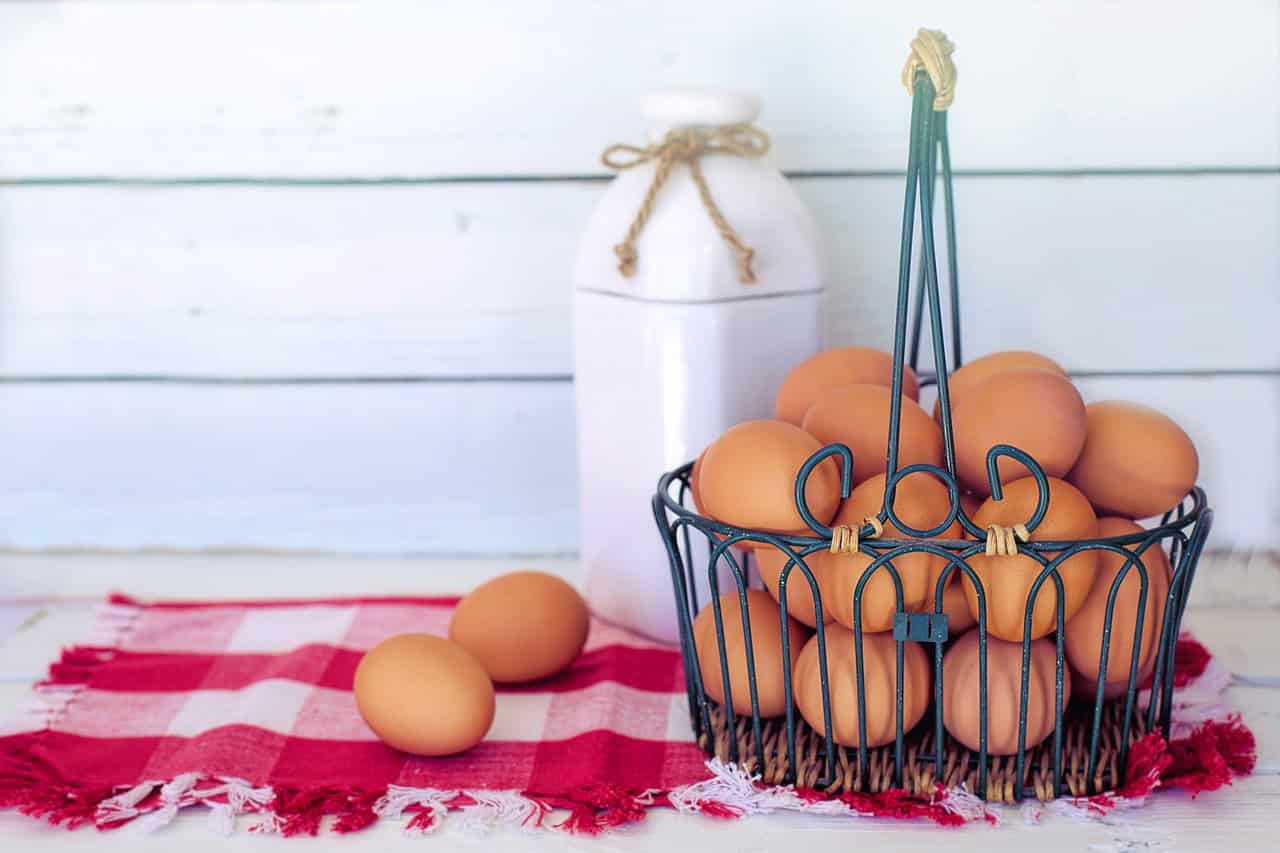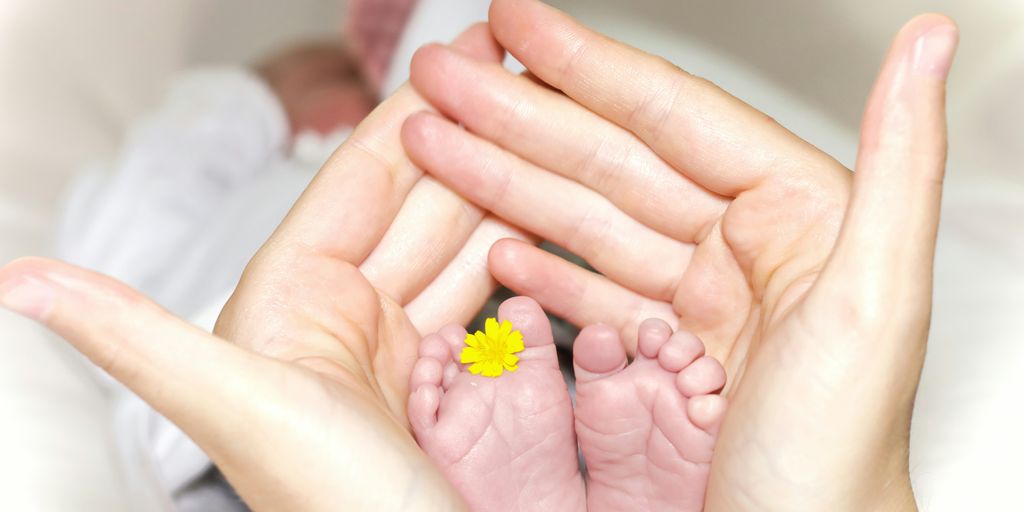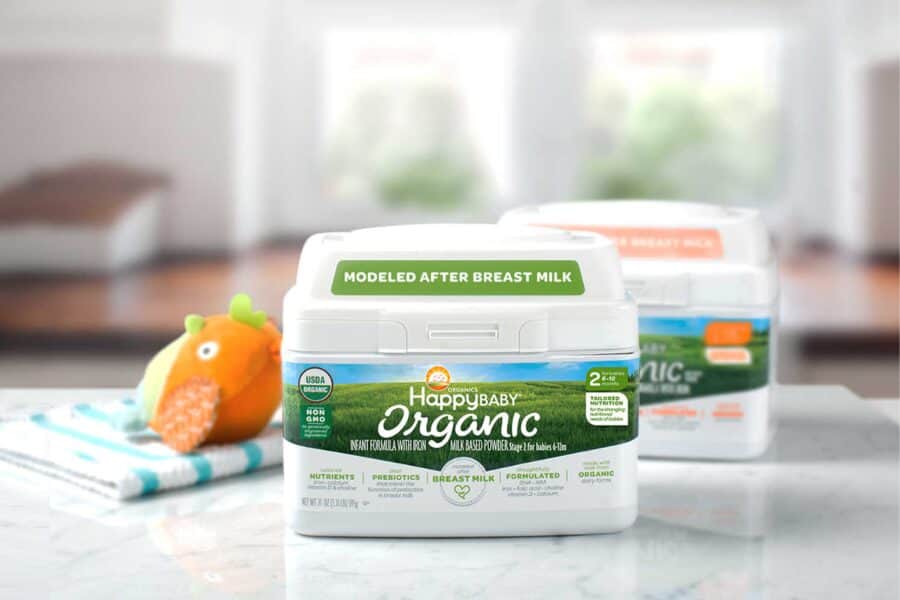Picture this: You’re standing in front of the fridge, door wide open, squinting at that lone egg sitting in the carton. Is it still good? Has it crossed over to the dark side of spoilage? Am I risking salmonella by cooking this?
Yeah! We’ve all been there, caught in the limbo of egg ambiguity, wishing each piece came with an expiry date.
Because, let’s be real, nobody wants to play culinary roulette with a questionable, weeks old egg. From breakfasts to cookies, it’s important to make sure that the egg in your hand is good to use.
For Ecowiser readers, we’ve made this guide that covers everything. The entire freshness timeline of an eggs, refrigerated and non-refrigerated ones, and the entire shebang.
You might want to start taking notes! Or you can just add this webpage to your bookmarks. Anyway, let’s get started.

How Long Do Fresh Eggs Last?
The lifespan of an egg depends on how you store it. From the moment it’s squeezes out of a hen’s body, all the way to the stove. Additionally, cleaning and moisture also play a major role in determining how long an egg will last.
Here’s a general guideline:

Shelf Life of Farm Fresh Eggs
If you’re still wondering, “How long do fresh eggs last?”, you ought to know that the shelf life of farm-fresh eggs can be a bit different from store-bought eggs due to several factors, including how they are processed and stored before use.
Here’s a general overview:

Best Practices for Storing Farm-Fresh Eggs
So, how long do fresh eggs last when stored correctly? The actual shelf life can vary based on specific storage conditions and handling. For the best quality and safety, always inspect and possibly test eggs (using the float test or checking off odors after cracking) if you’re unsure about their freshness, especially if they have been stored longer than recommended. Here’s a general guideline:
- Keep Them Dry and Cool: If you decide to wash your eggs, do so with water warmer than the egg’s temperature and refrigerate them immediately after drying.
- Store Properly: Place eggs in a carton or an egg holder on a shelf in the refrigerator rather than on the door, where temperature fluctuations are more common.
- Consider the Bloom: If you’re able to keep eggs with the bloom intact, you have the option of storing them at room temperature for a shorter period or refrigerating them for extended freshness.
To maximize the lifespan of eggs, it’s always best to store them in the refrigerator and conduct a freshness test if you’re unsure about their quality.
Factors Affecting Shelf Life of Farm-Fresh Eggs

The shelf life of farm-fresh eggs can be significantly influenced by various factors, including temperature, humidity, cleanliness, and the condition of the shell. Understanding these factors can help in maximizing the longevity and safety of eggs.
Temperature
- Optimal Storage Temperature: Eggs should be stored at a consistent temperature, ideally just above freezing (32°F or 0°C) to 40°F (4°C). This slows down the growth of bacteria and the aging process of the eggs.
- Temperature Fluctuations: Frequent changes in temperature can cause eggs to “sweat,” leading to increased risk of bacterial growth if the condensation penetrates the shell. This is why keeping eggs refrigerated consistently is crucial.
Humidity
- Ideal Humidity Levels: The optimal humidity level for storing eggs is between 70% to 80%. This range helps prevent eggs from losing moisture through the pores in their shells, which can lead to a decrease in egg quality and shelf life.
- Low Humidity: In environments with low humidity, eggs can dry out more quickly, leading to thinner whites and a reduction in overall quality. Refrigerators naturally tend to have low humidity, so storing eggs in their carton can help mitigate moisture loss.
Cleanliness
- External Cleanliness: Dirt on an eggshell can contain harmful bacteria, including Salmonella. While it’s important to keep eggs clean, washing can remove the protective bloom, making them more susceptible to bacteria. If washing is necessary, it should be done with water warmer than the egg to prevent the pores from absorbing contaminated water, and eggs should be used sooner rather than stored long-term.
- Internal Cleanliness: The initial quality of the egg inside also affects shelf life. Eggs with abnormalities or internal contaminants can spoil faster.
Shell Condition
- Intact Shells: The eggshell’s integrity is crucial for protecting the egg’s interior from bacterial contamination and excessive moisture loss. Even minor cracks can significantly shorten an egg’s shelf life and increase the risk of contamination.
- Bloom Presence: The natural coating or bloom on unwashed farm-fresh eggs acts as a barrier to bacteria and moisture loss. Preserving this bloom by not washing eggs until right before use can extend their shelf life.
By carefully managing these factors, you can ensure that farm-fresh eggs maintain their quality and safety for as long as possible. Regularly checking stored eggs for any signs of spoilage, such as off smells or changes in appearance, is also a good practice to ensure food safety.
Tips for Storing Farm Fresh Eggs
Storing farm-fresh eggs properly can significantly extend their freshness and shelf life while maintaining their nutritional quality. Here are some tips for storing farm-fresh eggs:
Decide Whether to Wash
- Keep the Bloom: Farm-fresh eggs come with a natural protective coating called the “bloom” that helps keep out air and bacteria. If you plan to use eggs within a couple of weeks and can store them in a cool, dry place, consider leaving them unwashed to preserve this layer.
- Wash Before Use: If you prefer to clean your eggs, do so right before you use them to keep the bloom intact for as long as possible.
Refrigeration
- Refrigerate When Washed: Once you wash eggs, refrigerate them immediately. Washed eggs should be kept in the refrigerator since the washing process removes the bloom.
- Store Unwashed Eggs in Cool Conditions: If you leave eggs unwashed, they can be stored at room temperature for a shorter period (usually no more than two weeks). However, for longer storage, even unwashed eggs benefit from being refrigerated.
Proper Placement in the Refrigerator
- Away from the Door: Store eggs away from the refrigerator door to protect them from temperature fluctuations each time the door is opened. The middle or lower shelves are typically the best spots.
- Original Carton or Egg Tray: Keep eggs in their original carton or an egg tray. Cartons prevent eggs from absorbing strong odors and flavors from other foods and offer protection from light and any potential impacts.
Maintain Optimal Humidity
- Use a Container: If your refrigerator tends to be dry, storing eggs in a container with a slightly moistened paper towel can help maintain their quality by minimizing moisture loss through the shell.
- Pointy End Down: Store eggs with the pointy end down and the broad end up. This position helps keep the yolk centered and reduces the air cell’s growth, prolonging the egg’s freshness.
By following these tips, you can maximize the shelf life of your farm-fresh eggs, ensuring they remain delicious and safe to eat for as long as possible.

How To Test The Freshness of An Egg?
You don’t have to ask yourself how long do fresh eggs last every time you open the fridge. Here’s a very simple two step water test that you can do to check the freshness of an egg.
Step 1: Fill a bowl with water: Use enough water to fully submerge the egg.
Step 2: Place the egg in the water: Gently place the egg at the bottom of the bowl.
Now, observe the egg’s behavior:

Why does it work? Over time, the gasses trapped inside the egg begin to escape, and the shell develop tiny air pockets, which makes them float.
Other methods to tell if an egg is still good include:
- Inspect the egg for cracks or a foul smell when you crack it open. This is a clear sign that the egg has gone bad.
- Check the expiration date if it’s available on the carton, though eggs can often last beyond this date if stored properly in the refrigerator.
- Use your senses (smell and sight) in combination with these tests to ensure the egg is safe to eat.
Make The Most of Your Pantry With Ecowiser!
This comprehensive guide from Ecowiser tells you everything you need to know about how long do fresh eggs last, the shelf life of farm-fresh eggs, and our best storage tips. Whether refrigerated or kept at room temperature, the lifespan of an egg can vary, with refrigerated eggs lasting 3 to 5 weeks and unwashed room-temperature eggs about two weeks.
In conclusion, with the right storage techniques and a little bit of egg-detective work, you can confidently tell how long do fresh eggs last, use your farm-fresh eggs in cooking and baking, ensuring they are both delicious and safe to eat.
Keep this guide handy and never find yourself second-guessing how long do fresh eggs last. And if you’re eager to learn more, check out our Eco Nourish series.
Frequently Asked Questions
How long do fresh eggs last?
Fresh eggs can last for about 3 to 5 weeks from the date they are placed in your refrigerator. If kept out of the fridge, they should be used within a week.
How long do farm fresh eggs last?
Farm fresh eggs, when stored properly in the refrigerator, can last for about 3 to 5 weeks. It’s important to store them in their original carton and away from strong odors.
How long do fresh eggs last in the refrigerator?
When stored properly in their carton, fresh eggs can remain good for 3 to 5 weeks in the refrigerator. Ensure they are kept at a consistent temperature in the main body of the fridge, not in the door.
How long do fresh eggs last without refrigeration?
Fresh eggs can last for about 1 to 2 weeks when stored at room temperature. However, this can vary based on ambient temperatures; eggs should ideally be stored in a cool, dry place.
How long do fresh eggs last in the fridge?
Similar to being in the refrigerator generally, fresh eggs stored in the fridge can last between 3 to 5 weeks. Keeping them in the main part of the fridge and in their carton helps maintain their freshness.









